Go back to your country find pioneers in construction and help them create buildings, green buildings with biodiversity in them. When you find a real estate company, help them instead of fighting them because they are bad or because they are digging concrete. We just want to learn.
In my company, I’m the green guy. We have we are fifteen hundred people working in real estate. So, concrete, transforming cities, all that stuff. So, I’m a bad guy here, but in my company, I’m the green, and today I’m the business guy within a green audience. It’s funny to change sometimes.
https://vimeo.com/377378638
A hundred years ago our founders—the two guys in the picture below; it’s a family-owned company, by the way—they decided to create a company and they wanted to have an impact. The impact they wanted to have is to create better opportunity. Better lives. Better territory with the direction with their Innovation. Their first clients were actually French small farmers in a northern part of France, and they provided them with the newest technology at that time, which was armed concrete. And with armed concrete— which was brand new—they managed to build their own silos and they became independent from the wholesaler at that time. They developed their business and they fulfilled their destiny to be entrepreneurs. That’s what our founders wanted to do too: Provide something to others to fulfill their destiny be better.
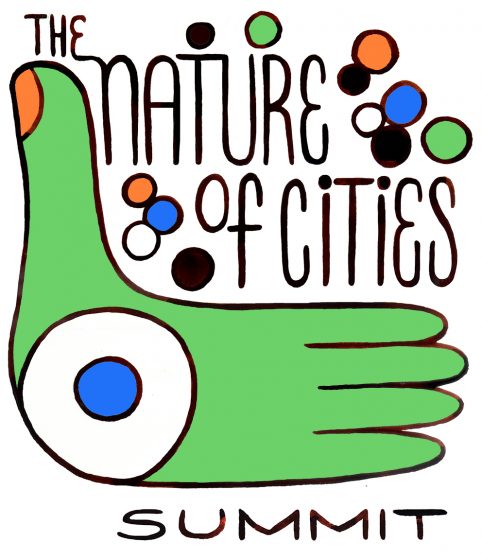 Thank God concrete is not the only—well, not thank God actually—but today a hundred years after that being a farmer entrepreneur is not the important thing that we are facing on this planet. We think that we are facing three different issues. When I say we I’m talking about my company, whose name is Rabot-Dutilleul.
Thank God concrete is not the only—well, not thank God actually—but today a hundred years after that being a farmer entrepreneur is not the important thing that we are facing on this planet. We think that we are facing three different issues. When I say we I’m talking about my company, whose name is Rabot-Dutilleul.
The first one is the ecological crisis first: foremost climate change, then biodiversity crisis, and then circular economy or resource depletion. So, in that area in this room, you know what I’m talking about, bit this is not always the case. That’s an important issue.
This is a plenary event at TNOC Summit: a video of a lecture, plus the text of that lecture. See more TNOC Summit Output here.
Issue Number 3: data and ethics. We are joining the two subjects. I just try to tell you all or remind you that at Amazon at night human beings are carrying boxes and it’s actually computers that are giving orders and not the other way around. We’ve been taught that intelligence, artificial intelligence is going to help us doing only fancy things like creating and in the warehouse of Amazon during the night humans are doing the shitty jobs and computers are doing intelligence. Is that ethical? I don’t know, and I’m an Amazon Customer, by the way. So that’s the three very important issues we want to tackle in our company.
And the only promise we can give all stakeholders is that we are trying our best and we are innovating and changing all the time. Because we never know what’s going to happen. Darwin told us that if you don’t evolve you don’t survive. So, we try to evolve and provide new things to touch that line to try to solve climate change with a happy face, by the way, because I think it’s possible to change it with a happy face and even greater sometimes: smiles. So, why not us? And that’s really our promise. That’s what we want to do. Whatever the projects, whatever the client, whatever the territory.
But as it is a business, we want to do it with real projects with real people living in those projects, real people constructing the buildings. We don’t want to do green buildings only on paper. We don’t want to do green buildings only once like a Formula one green building, only once because it’s too is so expensive, so different, so Innovative that nobody wants it. We’d rather have thousands of green buildings or almost green buildings, but those are thousands of those million green buildings they can make a change because the problem we’re facing during in the cities is that the change of scale. It is not Innovation anymore. It is change of scale.
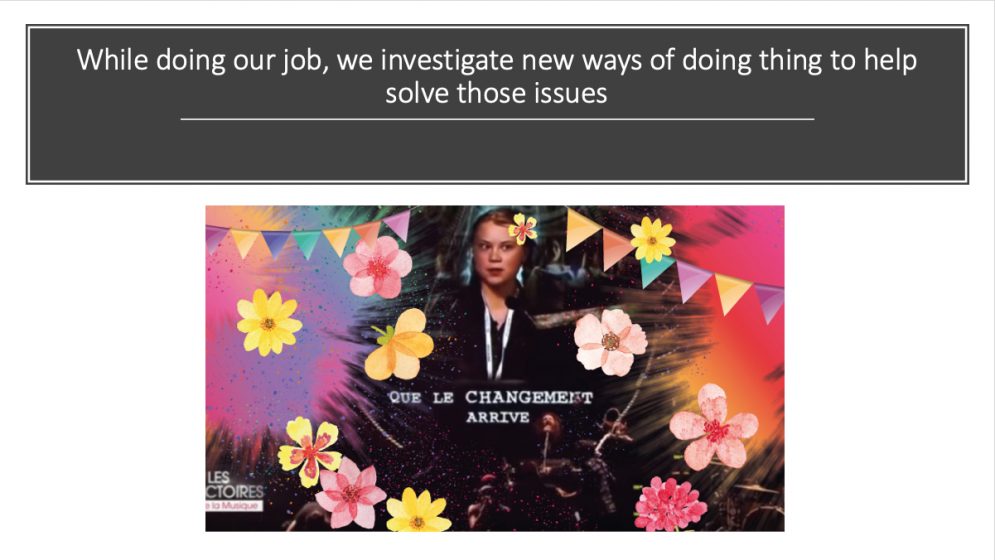
We do it because we are expert in our own field. That’s my colleague on the left. We know how to design classic buildings. We know how to construct classic buildings.
No surprise there. The only thing that we developed is a tool and a way of thinking for every building that we build is that we force ourselves—it’s monitored in my company—to ask us ask ourselves 14 questions about sustainability. I won’t read them because nobody can, but the subjects we ask about are land, land usage, and fighting against urban sprawl. I say it again: I’m a real estate developer and I’m fighting against urban sprawl.
And it’s not easy, issues like mobility, transportation, or biodiversity. Ten years ago biodiversity, or nature in the city, if I can quote, was a crazy subject. It was crazy because in the construction industry nobody knows anything about biology. They dropped biology when they were 16, that’s for the best of them. So, biology is Donald Duck duck. You know the nice Donald. The funny one, now both funny anyway. So now Energy savings, renewable energy. And I’m coming back to biodiversity. Ten years agoit was a crazy subject and yet we managed to find partners.
That’s the third thing. We are engaging with unusual suspects. We are engaging with NGOs and one of the NGOs which is called French one called La Ligue de Protection Liseuaux, the French name for Birdwatch institute. Maybe Elsa is still here? Yes. She’s typical French, at the bottom by the bar because we didn’t have any red wine for lunch. That’s not typical French.
But thanks to that embodies having a nap during one of well, I speak so it’s good. Anyway, so those partners that helped us to know what is possible to do to make buildings with nature inside of it. It’s possible. How do we do it? What is the cost? What is the story to be told to architects? What is the story to be told to Engineers? What about the people living in the building, and they made it simple. They made it simple. That Partnership allowed us to go from a crazy idea—create a building that is a dwelling also for nature—to a simple idea and develop buildings like this all around. So that that’s a very good example. When you ask yourself good questions and you feel humble enough to find the right partner, you can do things different and you can have a big success.
Not all of those subjects are that easy—transportation is the worst obviously—but it’s possible to change things if you are looking for the right partners. We are looking for partners like yourself because you have the knowledge about nature and about biology. Come to us. Please, come to us and help us help the pioneers of our industry transform the way we design cities, because we really need your expertise. We can provide the wheel. We can provide the money, but we need your expertise.
Come on the help us please. Thank you.
* * *
Question: Do you have a branch in Holland?
Answer: A branch in Holland? Not yet. I know we have a branch in obviously France, Brussels, and Berlin.
Q: I am a behavioral psychologist. What kind of stories do you tell architects to get them interested?
A: The question was how do you tell stories to Architects? And how do we tell stories to the people living in the buildings? it’s a very important subject. Nature in the city is actually not important. Nature is important. So, if you have to spend one dollar, spend it in the tropical forest and not with nests in the cities, or green roofs. It’s less important but in the cities we have humans and those humans are destroying the planet. So, if you can teach the humans about what is possible, what is important, better examples showing examples of real green, simple buildings, then maybe they are going to change.
So, the important thing about biodiversity in cities is: (1) to show examples; and then (2) to teach humans. You have to tell them beautiful stories. That’s where Donald Duck is back, because that’s what everybody likes, Donald Duck right? Everybody likes butterflies. Nobody likes pigeons. So, I’m telling stories about butterflies and the ecologists who are helping me are are helping me tell beautiful stories that kids, all those youngsters, like to hear and then they move into buildings and architecture as well.
The only thing about Architects is they have to be humble enough—and some of them are—to acknowledge that they don’t know everything. I don’t know everything. You guys don’t know everything. So, when you design the building, the Architects is the ultimate responsible party, but he doesn’t know anything about biology, so he should ask for help and there is help outside. That’s the only story I have to tell him. Then he signs a contract with biodiversity objectives in the contract, and then it’s done.
Q: What do you think it will take the change the rest of your industry?
A: I think two things. Knowledge. So that’s a message by the way, the NGO we’re working with, they have a beautiful book. Unfortunately, only in French, please translate it in every language, so that it is in every country, in every language you know. How to do things. You will have the answer of the question of how to do things how to build green buildings for biodiversity.
So, knowledge is key and then pioneers need to be helped or identified everywhere. Some pioneers, like our company, we just want to do it because it’s in our roots to make an impact. You remember hundred years ago impact was about just about helping Farmers to get developed. Today, our impact is partly of about ecological solutions, but pioneers need to be identified and helped and when you have pioneers, then the rest of the industry copies those pioneers and then suddenly politician says, okay. I’ve got pioneers, they are succeeding more than the others. I will create a law for those pioneers to be everywhere not be pioneers is anymore, but who cares we will invent something else.
So, first knowledge and then do whatever it takes to help pioneers transforming their industry. That’s the solution, in my opinion.
Q: You said you want us to be engaged with you. How do you want to hear from us about getting engaged with you and your industry.
A: Go back to your country find pioneers and help them create buildings, green buildings with biodiversity in them. Help the LPO translate their book and adapt. Of course, you don’t just translate the book about biodiversity you need to adapt it for all the different regions, because obviously South Africa is not the same as Sweden. It’s obvious for you guys, but for my industry, it is not. Certainly for you guys it’s obvious.
So, help them translate their book and when you find a real estate company, whether it’s small or big, help them create green buildings on an appropriate land. Help them instead of fighting them because they are bad or because they are digging concrete. We just want to learn. Well, we pioneers just want to learn, we have lots of bad guys as well. But because they don’t understand what is at stake. They didn’t look at their children’s eyes when they go back home. They are humans. They are humans. They are not just cash machines. They are not cash machines. We are all humans. Help them. You know what to do help those pioneers design and construct green buildings.
Rodolphe Deborre
Lille
On the The Nature of Cities

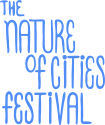
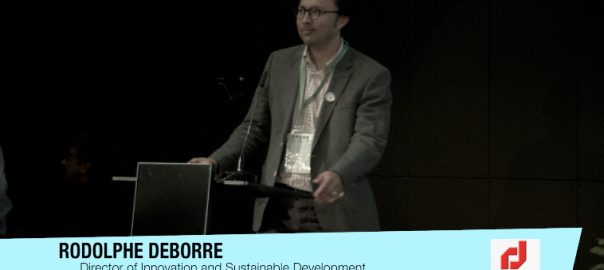
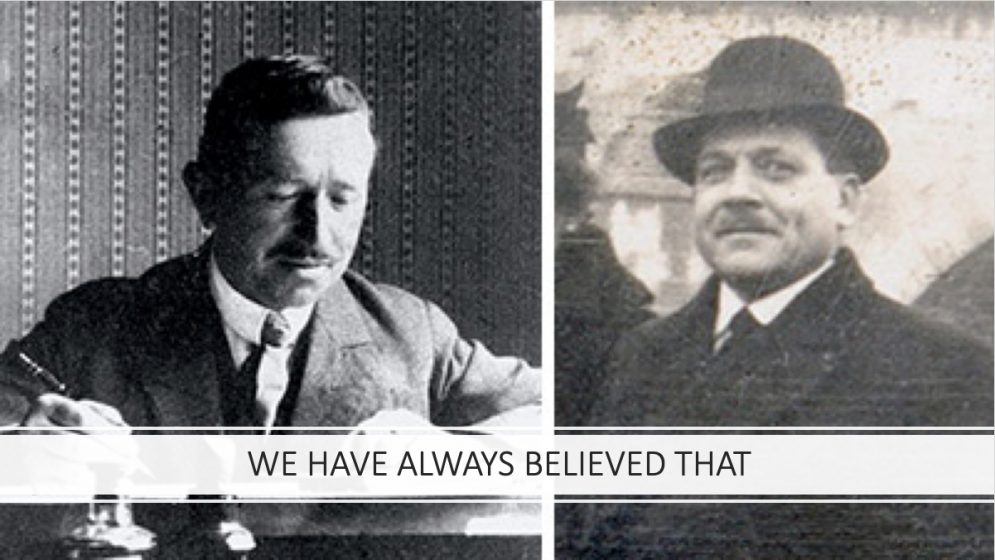
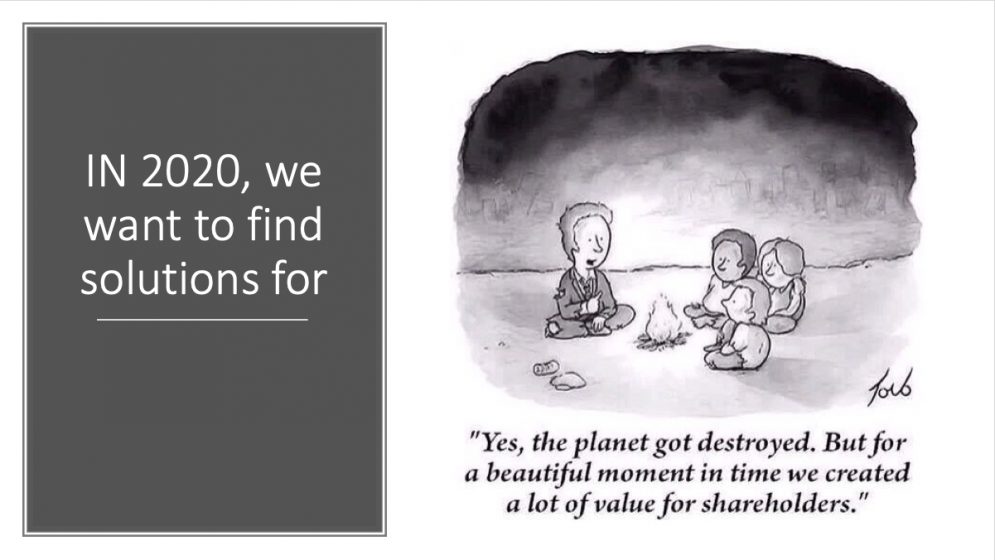
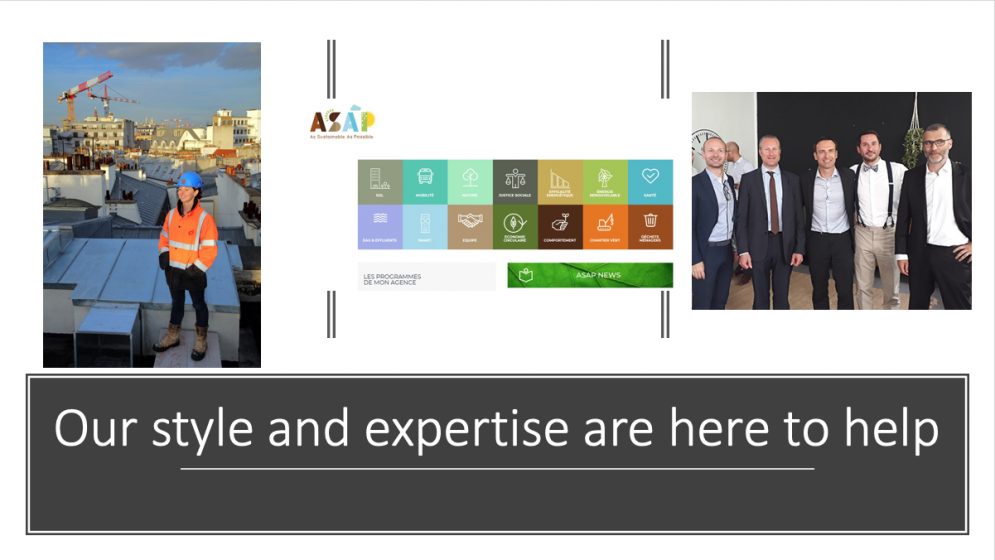
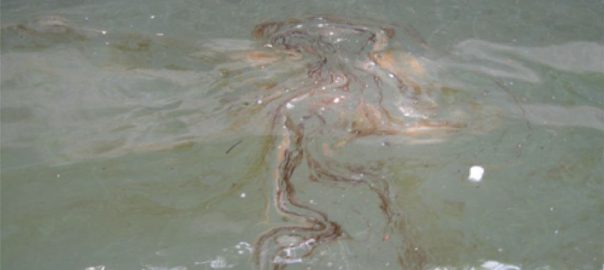
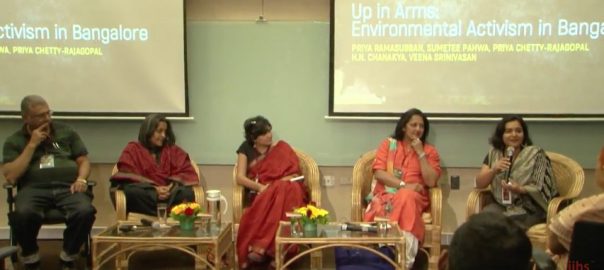
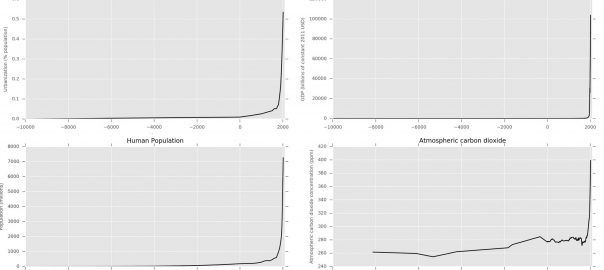
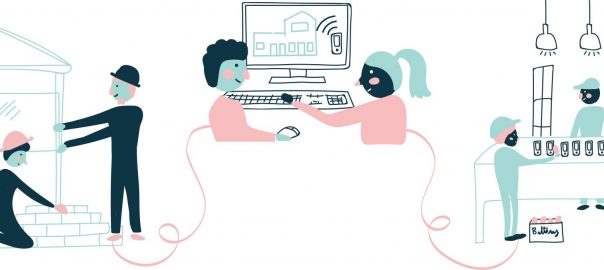
Leave a Reply